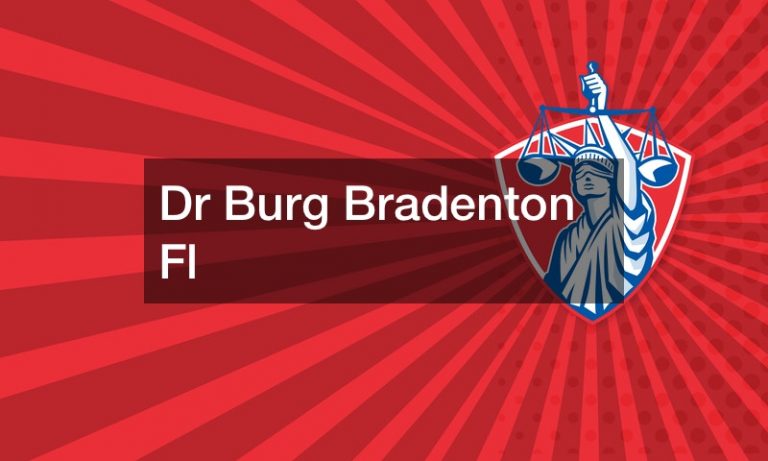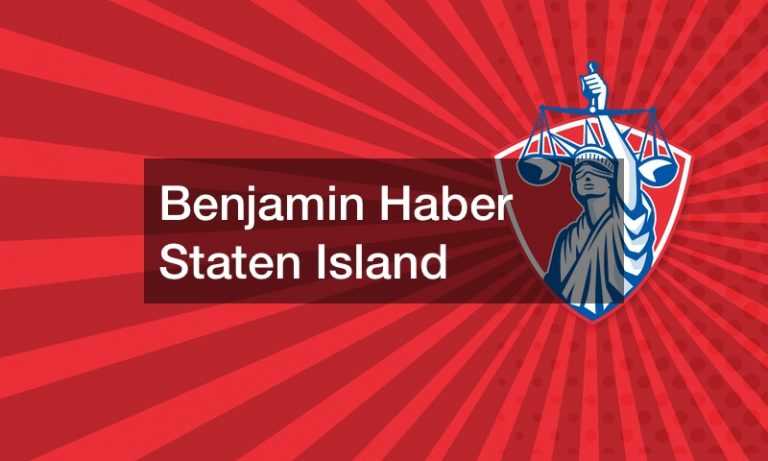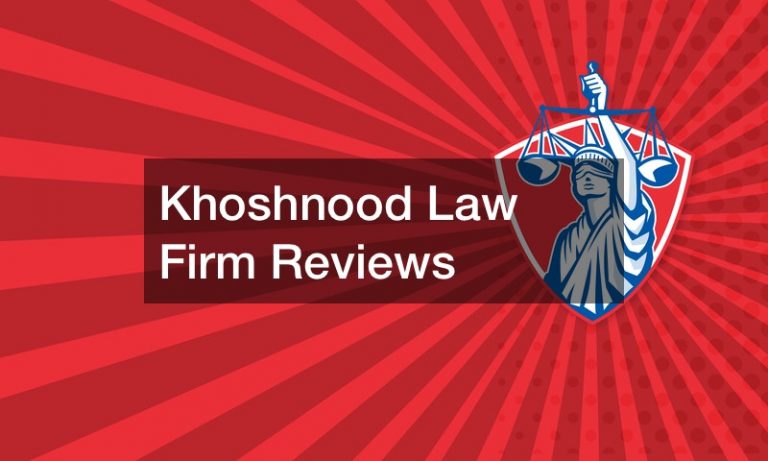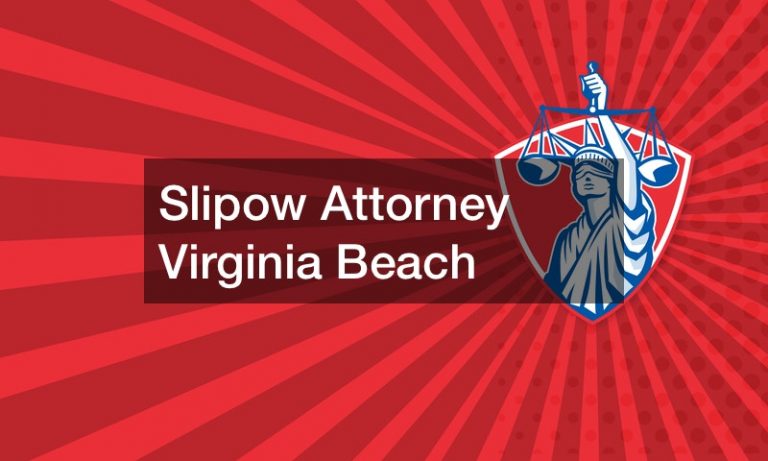A Brief Intro to Chapter 13 Bankruptcy Law


Under a court-ordered plan, debtors can repay all or a large portion of their liabilities in 3-5 years with the help of a Chapter 13 bankruptcy lawyer. Medical expenses, credit card debt, and personal loans are the most typical debts dismissed in a Chapter 13 bankruptcy. Creditors are prohibited from pursuing transactions if the court approves your repayment agreement.
A bankruptcy court administrator implements Chapter 13 as a repayment plan. Typically, a petitioner’s lawyer drafts a plan that allows significant debts to be paid over a while. Unpaid unsecured debts are dismissed at the expiration of the period.
In a Chapter 13 bankruptcy, you keep your assets while paying off your obligations over a three- to five-year period. Your possessions are liquidated and handed over to a bankruptcy trustee appointed by the court, who sells them and utilizes the money to pay creditors in Chapter 7. The remainder of the loan is discharged.
Although it is conceivable to file bankruptcy on your own, hiring a Chapter 13 bankruptcy lawyer should be the first step in the process. Since there are so many restrictions and exceptions, it’s best to hire a professional who knows what they’re doing.
If you leave your work, you can request a modified plan. If you fail to notify the trustee of your economic condition before missing payments, your case may be terminated.
.






